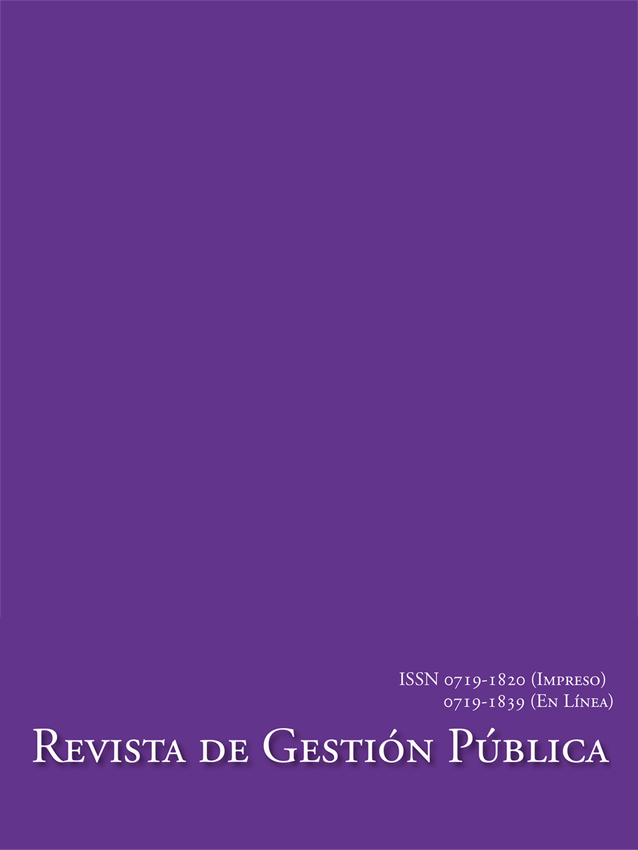THE POLITICAL IMAGINARY AND TECHNICAL DISCOURSE IN ADMINISTRATIVE REFORMS. THE ARGENTINA, CHILE AND URUGUAY CASE IN THE 1990S
DOI:
https://doi.org/10.22370/rgp.2012.1.1.2341Keywords:
Discourses, Administrative reforms, Political imaginaries, Latin AmericaAbstract
This article analyzes the political imaginaries in the official discourses about the pu- blic administration reforms in Argentina, Chile and Uruguay, during the nineties. The new management methods are based on technical concepts that do not signify by themselves. To acquire effective meaning, these concepts depend on systems of ideas about the significance of the State and democracy, settled in each particular case. Concepts derived from the discourse analysis school, such as hegemony, nodal points or sedimentation, are useful to understand the strategies to construct the symbolic reality in each case. This reality will depend on the political imaginary which determines ‘what is possible to do’ and ‘what is tolerable’ in each particular society. The election of limited realities, focused only on formal institutions, has been constant in the analyzed discourses, which explains why the reforms were inefficient to remove common cultural practices such as clientelism.

